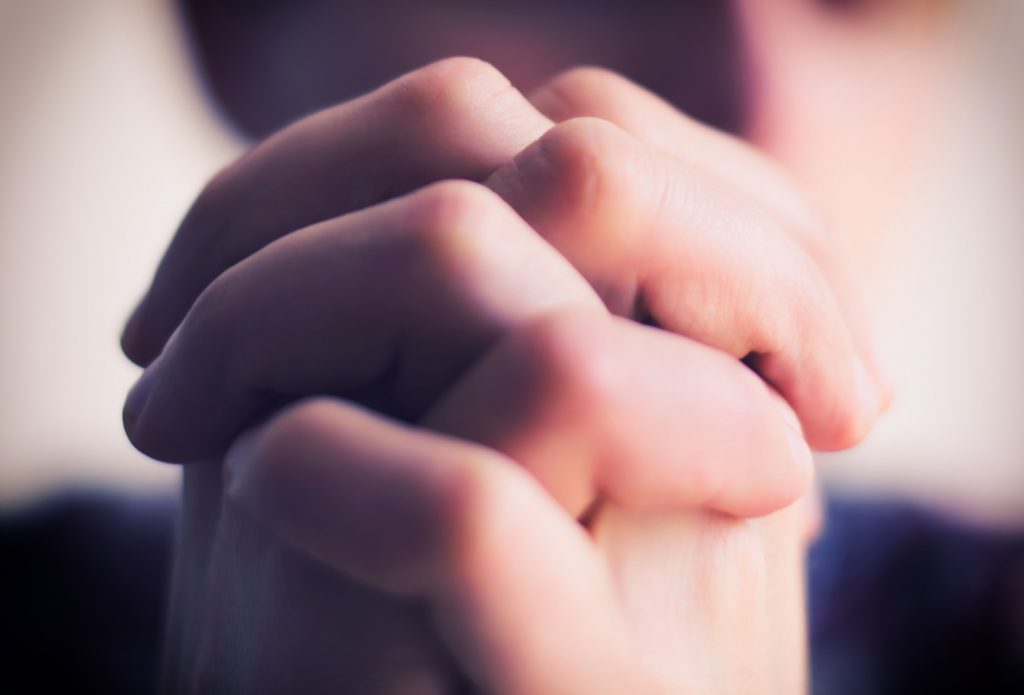Last week’s liturgy article was entitled “Giving evidence of the spirit of the Christian community.” This phrase comes from the General Introduction to the Rite of Baptism for Children and the Rite of Christian Initiation of Adults, and emphasizes the primary role of the community in the forming of new Catholics through their participation in the sacraments of Initiation: Baptism, Confirmation and Eucharist. Indeed, all the sacraments of the church are rooted in the life of the community. None of these celebrations are private functions.
Let’s look at the Introduction to the ritual books for the Sacraments of Healing: Rite of Penance and the Pastoral Care of the Sick, Rites of Anointing and Viaticum. The General Introductions of all the rites are mostly instructive as to how the rites are to be celebrated, but an understanding of our connectedness and community in the one Body of Christ is the undercurrent of the instructions. In the Rites of Anointing of the Sick and Viaticum (a dying person’s last sharing in the Mass and communion), it is made clear that the sufferings of any members of the church are a part of the life of all members of the church.
“The Lord himself showed great concern for the bodily and spiritual welfare of the sick and commanded his followers to do likewise. … The Church has never ceased to celebrate this sacrament for its members … commending those who are ill to the suffering and glorified Lord, that he may raise them up and save them … and thus contribute to the welfare of the people of God (No. 5).”
“If one member suffers in the Body of Christ, which is the Church, all the members suffer with that member” (1 Corinthians 12:26). The suffering of all humanity is united to the suffering of Christ on the cross. “Kindness shown towards the sick and works of charity and mutual help for the relief of every kind of human want are held in special honor … and every act of care for the sick, on the part of any person, may be considered a preparation for the Gospel and a sharing in Christ’s healing ministry (No. 32).”
“It is thus especially fitting that all baptized Christians share in this ministry of mutual charity within the Body of Christ by doing all that they can to help the sick return to health, by showing love for the sick, and by celebrating the sacraments with them. Like the other sacraments, these too have a community aspect. (No. 33).”
The Introduction to the other Sacrament of Healing, the Rite of Penance, No. 5 speaks of our solidarity as Church: “The sin of one harms the others just as the holiness of one benefits the others.” No. 3 acknowledges that we are all sinners in need of purification. Therefore, the Church “constantly pursues repentance and renewal.”
“The people of God accomplishes and perfects this continual repentance in many different ways. It shares in the sufferings of Christ by enduring its own difficulties, carries out works of mercy and charity, and adopts ever more fully the outlook of the Gospel message. Thus, the people of God becomes in the world a sign of conversion to God. (No. 4)” Together, as Church, we speak the message of Christ for the world. As individuals, we renew our commitment to give ourselves over and into the body of Christ and continually respond to God’s call to conversion each time we participate in the Eucharistic liturgy and in the Rite of Penance.
“For conversion should affect a person from within so that it may progressively enlighten him/her and render him/her continually more like Christ (No. 6a) … renewed according to the Gospel and more and more steeped in the love of God (No. 20).” No. 22 reminds us of the “ecclesial nature (No. 22)” of the sacrament of penance. Again, it is not a private function. Everything we do as Church, we do together through the work of the Holy Spirit. The African adage exhorts that “It takes a village to raise a child,” and it takes a village to do anything in this world. We do not ever stand alone, as children or as adults. Each thought and action, each prayer and service, each sin and selfish act affects others.
“The sin of one harms the others just as the holiness of one benefits the others.”
Sometimes our American philosophy of the primacy of the individual makes it difficult for us to realize our need for community. Striving together in solidarity as the one body of Christ, and surrendering our lives and this world to the higher power of God, is Church. It is the building of the Kingdom of God.

